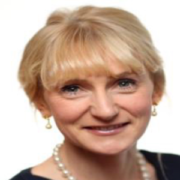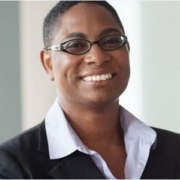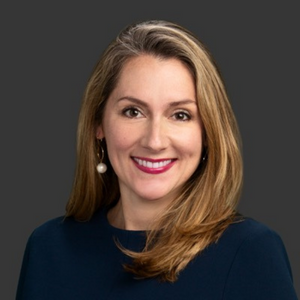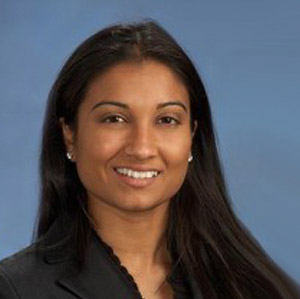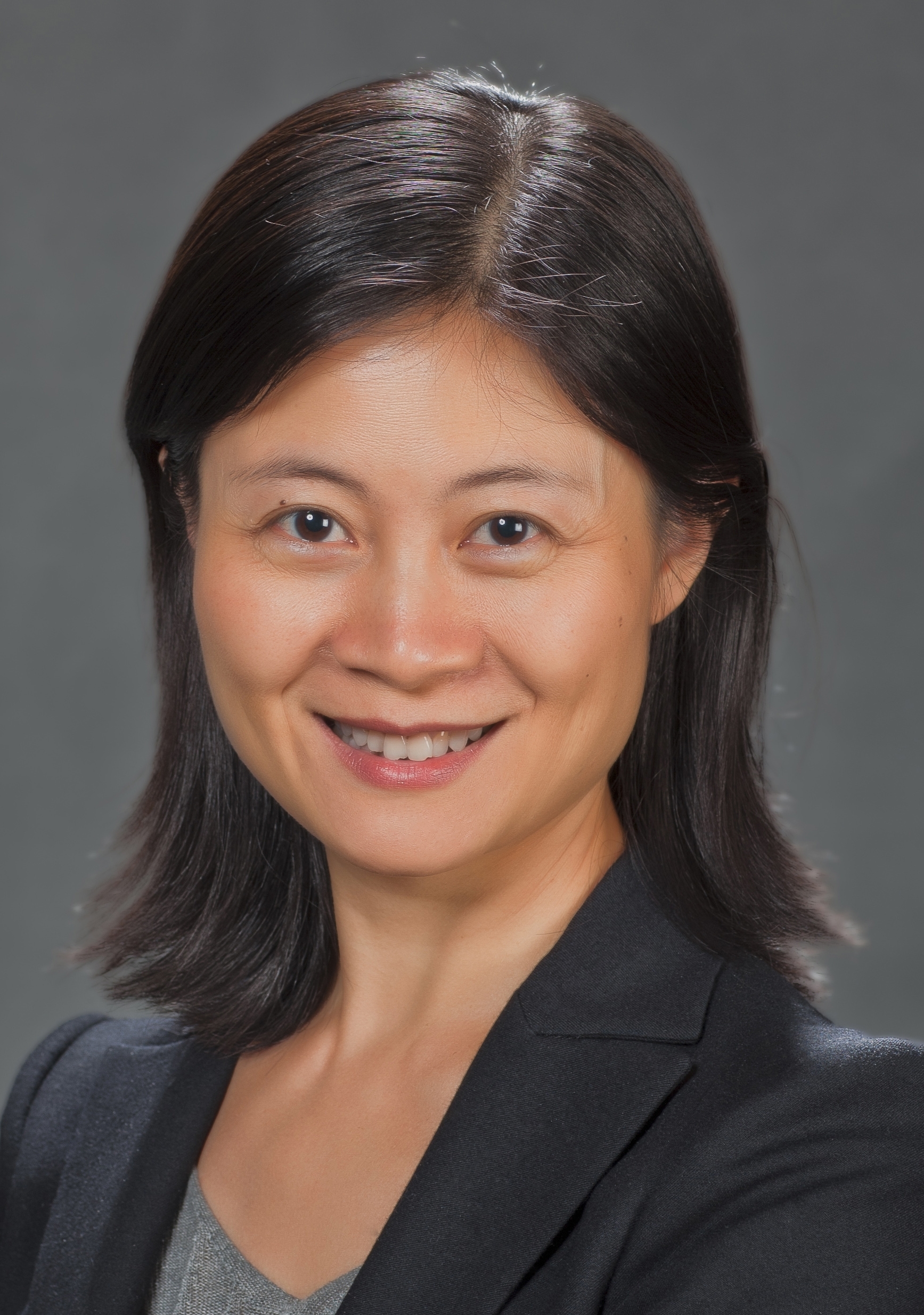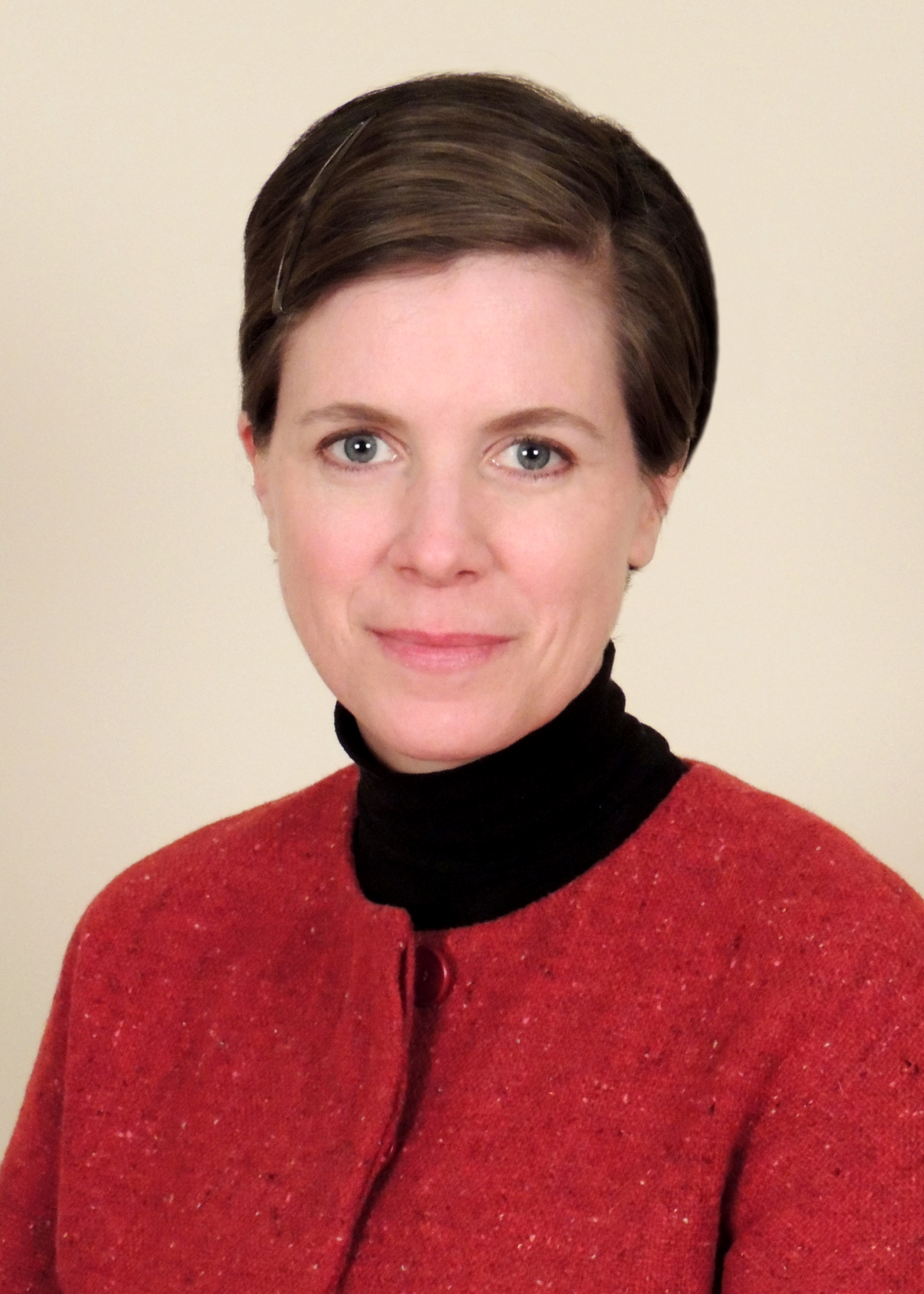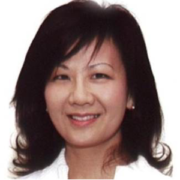Voice of Experience: Olwyn Alexander, Partner, Investment Management, PwC Ireland
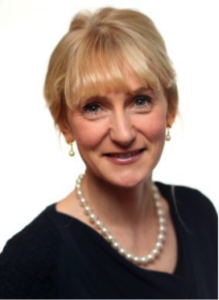 “As you move through your career, you realize the importance of networks and relationships,” says Dublin based Olwyn Alexander, who leads PwC’s EMEA Alternative Investments group. “It becomes easier and more natural as you get more specialized in your industry, but it would be such a career boost if as a younger recruit, you could make it a priority to meet new people and invest in those relationships.”
“As you move through your career, you realize the importance of networks and relationships,” says Dublin based Olwyn Alexander, who leads PwC’s EMEA Alternative Investments group. “It becomes easier and more natural as you get more specialized in your industry, but it would be such a career boost if as a younger recruit, you could make it a priority to meet new people and invest in those relationships.”
After earning her Bachelor of Commerce and Master’s in Accounting at University College Dublin, Alexander began her international career at PwC with a quick start. “On a Wednesday they asked if I’d be interested in leaving for Dallas for six months on the upcoming Saturday,” she recalls, knowing that it would provide unparalleled experience.
She subsequently worked out of Boston during a particularly busy season; returned to Dublin; and went to New York City with her fiancé for a planned 18-month engagement that became four years.
While there, she specialized in hedge funds and private equity, a role that set foundations for her future. She enjoyed the challenging work, as well as the opportunity to collaborate with great peers and partners and oversee many projects in the Caribbean, where they would work hard and then scuba dive on a Saturday.
When she returned to PwC Ireland, she realized that her experience was very valuable: The United States was ahead of Europe at the time in this industry, so what was her standard experience was ground breaking back in Europe. Since the industry was just emerging in the U.K., much of her role was developing and marketing the practice, which paved the way for her to become a partner in 2004.
Investing in Her Career To Keep Up With Change
Other moves she made have strengthened her expertise in the area. She earned her Chartered Financial Analyst designation in 2003 which she found to be an important investment in her career because it bolstered her credentials for target clients, such as hedge fund managers. She also became involved in an international trade association for alternative assets and co-authored a global guide to hedge fund valuation in 2005, prior to the crisis that was revised and reissued in 2012. She also sat on a working group on valuation for The International Organization of Securities Commissions (IOSCO) as an expert post crisis.
Being asked to be part of an expert working group for IOSCO and her election to the Alternative Investment Management Association’s Global Board were thrilling professional achievements for Alexander, as has been her work winning new clients and expanding the business. As an example, she cites a client where they were just able to secure substantial new projects as a result of the strong relationship and good work they’ve delivered since 2005. “It’s very rewarding when that’s acknowledged,” she says.
Looking forward she knows the industry will continue to have exciting developments, with asset management moving center stage amid increased efforts to get private money into investments. While the United States is a more developed market in this area, in Europe and Asia funding remains heavily weighted toward banks as the traditional source of funding but with new, tighter controls on bank lending, asset management is playing a larger funding role as an alternative way to raise money. “It’s very exciting to see the changes in our industry with lots of deals around property and private equity. Rather than just investments in stocks and bonds, we are seeing investments in real projects and businesses where we can see the capital go to work.”
In addition, she is excited to see the growth in digital and fintech investments that are being developed at an unbelievable pace of change.
Succeeding Among Limited Diversity
She says that the industry is still heavily male-dominated, so it’s important for women to rise above it and not allow that to be intimidating. One area where she sees that young women need to be mindful when working among men is not to second guess themselves. “If there’s a big job, men will say, ‘This is why I should have it,’ while women will worry if they can do it. You have to have confidence in your own abilities so you don’t preclude yourself from something that could be interesting and challenging.”
Alexander cites the need to raise awareness around the “He for She” initiative, which opens the discussion and encourages people to consider their own personal bias and whether they are being fair with opportunities. But she sees that gender diversity is just one area that needs support. “We have to consider gender, culture, nationality and age because everyone brings different perspectives,” she says, adding that the speed of development means that it’s more important than ever to know what younger people are thinking and doing.
Family Makes the Difference
Alexander tries to make the most of her personal time with her two daughters, ages 7 and 4 and her “amazingly supportive husband who reassures me in those doubting moments.” For her own relaxation, she’s an avid horse-woman and regularly competes in dressage and show jumping events. “It’s important to have a commitment to something non-work related to ensure you enforce your own work-life balance.
By Cathie Ericson

